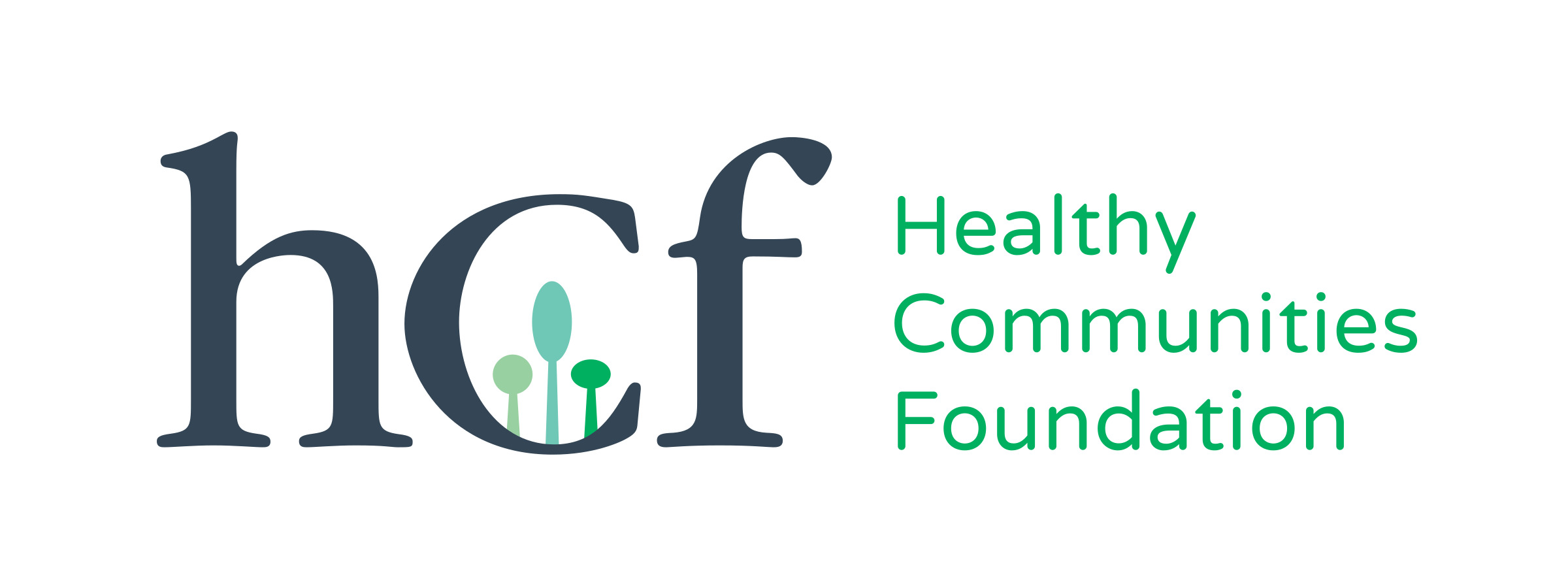Beyond Grant Reporting: Creating Space for Stronger Partnerships and Deeper Learning

Beyond Grant Reporting: Creating Space for Stronger Partnerships and Deeper Learning
At Healthy Communities Foundation (HCF), trust-based philanthropy is constantly top of mind for us. Our team has written blogs about the topic, presented our process to peers, and continued to solicit and act on partner feedback about our work as a foundation. Leading our Learning & Evaluation efforts, I understand how philanthropic evaluation can often be where things like trust-based philanthropy die. I have previously shared that HCF’s approach to evaluation is not a project to evaluate our grantee partners’ outcomes with an expectation of growth. Instead, we aim to learn from our partners about the shifting context of their work and use those insights to refine our grantmaking practice, ask better questions, and become a better foundation partner to our grantee partners year after year.
Nearly three years have passed since we implemented our first round of grant reporting, and we continue to challenge ourselves to figure out how to make these processes work for our purposes while enriching and streamlining them for our partners.
Iterating Our Reporting Process
When we first decided to give our partners the option of choosing between a verbal or written grant report in our newly developed reporting process in 2021, we did not know what to expect. Would partners want to have conversations with us versus writing out their responses? Would our notes post-conversation capture the essence of the conversations for analysis afterward? We took it one step further that year by piloting pre-filled report responses that partners could edit as necessary to signal that we listened and valued the input they previously provided on grant applications, site visits, and other conversations.
Here is what we learned from post-process surveys:
- Our partners appreciated having options more so than a specific reporting format and that it improved their view of HCF overall. They also encouraged us to share our approach to reporting with other local funders.
- Several of our partners mentioned that talking with our team helped them express powerful things about their work more effectively. One pilot participant shared that they wished they could copy and paste these conversations into grant proposals.
Rethinking Reporting
Our team recently connected with Candid, a nonprofit organization formerly known as Guidestar and Foundation Directory, which provides the most comprehensive data and insights about our sector. In 2020, Candid reflected on the call for more equitable funding for BILPOC-led organizations and realized they could help organizations ensure their investments aligned with their values. They provided a platform for nonprofit grant-seeking organizations to submit their demographics in a standardized, one-time process.
We recently became a Demographics via Candid partner to help us remove demographic data submission as an administrative burden from our partners and put the onus on our team to access the information via Candid. This embodies our commitment to trust-based philanthropy and how we are infusing this approach into our learning and evaluation work.
We realized that by removing the need to input demographic data into grant reports, these “reports” start to look like a “reflection” template.
Partners have shared with us that the years coming out of and heading into a pandemic-informed present have limited the time and space for reflection. I often share in verbal reporting conversations that, during our site visits, we talk about the road ahead, while our grant reporting conversations (or, now grant “reflections”) are about looking back: what worked, what we might want to leave behind and what should be celebrated.

Learning Together, Creating Space for Innovation
At Healthy Communities Foundation, we have an often-repeated phrase: We are more committed to getting our work in right relationship with partners than being “right.” As we integrate demographic data collection via Candid in our grant reporting process as a public pledge to trust-based philanthropy and action toward further streamlining grant processes for our partners, we know there might be bumps ahead.
We are trying something new with our grantee partners and are open to learning and adjusting our approach as needed. Our goal in partnering with Candid and iterating our grant processes is to free up space for our partners to innovate and dream, which we believe is essential to building healthy communities.

